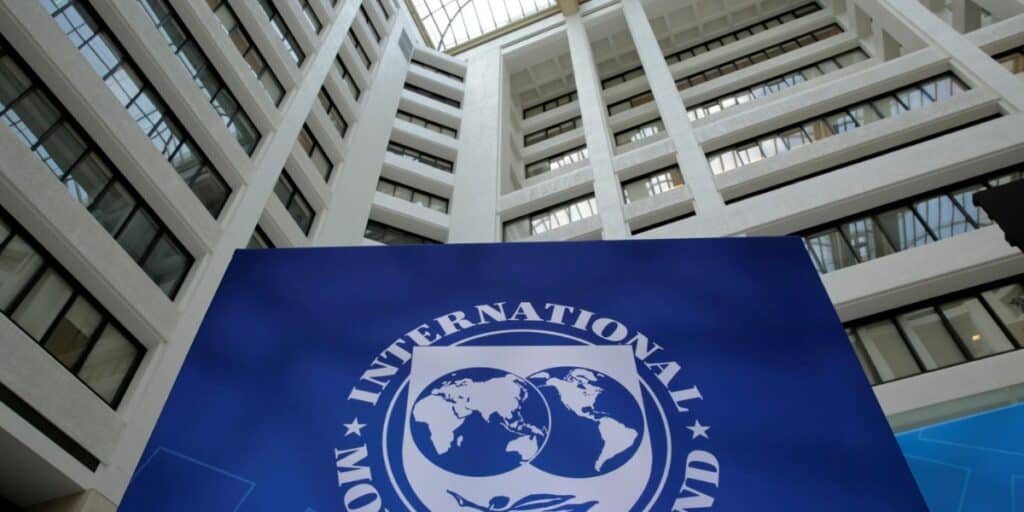The International Monetary Fund (IMF) has decided to assess the impact of tax exemptions granted to the Reko Diq project, as negotiations between Pakistan and the IMF continue into their second week.
According to reliable sources, the IMF has sought a detailed briefing on the various sectors where tax exemptions have been provided.
Officials from the Ministry of Finance will brief the IMF on several financial matters, including the export and subsequent import of sugar.
The IMF delegation will also be given a comprehensive presentation on the Reko Diq project, focusing on its macroeconomic implications, financing structure, and the extent of both domestic and foreign investments involved.
Sources revealed that the briefing will cover aspects such as taxes, royalties, and the fiscal risks associated with government guarantees.
The IMF team is particularly interested in analyzing how tax exemptions under the Reko Diq arrangement may affect Pakistan’s overall tax revenue and fiscal stability.
The Reko Diq project, located in Balochistan’s Chagai district, is one of the world’s largest undeveloped copper and gold deposits.
The project is a joint venture between the Government of Pakistan, the Government of Balochistan, and Barrick Gold Corporation of Canada.
After years of legal disputes and international arbitration, the project was revived in 2022 under a new agreement that ensured a fair share for Pakistan and Balochistan.
The venture is expected to bring billions of dollars in foreign investment, generate employment, and boost Pakistan’s mineral exports.
However, concerns remain regarding fiscal management, environmental impact, and equitable distribution of revenues—issues now under IMF scrutiny as part of its ongoing financial review.
The Reko Diq project offers several major financial advantages for Pakistan, both in the short and long term.
Located in Balochistan’s Chagai district, it is one of the world’s largest undeveloped copper and gold reserves, expected to generate substantial revenue once production begins.
Firstly, the project is estimated to attract over $10 billion in foreign direct investment (FDI), primarily from Barrick Gold Corporation and international partners.
This investment will strengthen Pakistan’s foreign exchange reserves and improve investor confidence.
Secondly, the government and Balochistan province will collectively receive a 50% share of the project’s profits through royalties, taxes, and equity participation.
This ensures a sustainable revenue stream for both the federal and provincial governments.
In addition, the project will contribute hundreds of millions of dollars annually in taxes, royalties, and export earnings once operational.
It is also expected to create thousands of direct and indirect jobs, boosting economic activity in Balochistan and related sectors such as logistics, construction, and services.
ALSO READ: Major breakthrough for Reko Diq copper-gold project
Moreover, Reko Diq will enhance Pakistan’s mining and export capacity, reduce reliance on imports, and position the country as a key player in the global mineral market.





